A Former Interrogator Speaks
The U.S. military insists that Abu Ghraib was an isolated abuse, but at least one soldier suggests a wider system of torture is at work: "I watched as detainees were forced to stand naked all night, shivering in their cold cells and pleading with their captors for help. Others were subjected to long periods of isolation in pitch-black rooms. Food and sleep deprivation were common, along with a variety of physical abuse, including punching and kicking."The U.S. military insists that Abu Ghraib was an isolated abuse, but at least one soldier suggests a wider system of torture is at work: “I watched as detainees were forced to stand naked all night, shivering in their cold cells and pleading with their captors for help. Others were subjected to long periods of isolation in pitch-black rooms. Food and sleep deprivation were common, along with a variety of physical abuse, including punching and kicking.”
Your support matters…Washington Post:
Despite my best efforts, I cannot ignore the mistakes I made at the interrogation facility in Fallujah. I failed to disobey a meritless order, I failed to protect a prisoner in my custody, and I failed to uphold the standards of human decency. Instead, I intimidated, degraded and humiliated a man who could not defend himself. I compromised my values. I will never forgive myself.
American authorities continue to insist that the abuse of Iraqi prisoners at Abu Ghraib was an isolated incident in an otherwise well-run detention system. That insistence, however, stands in sharp contrast to my own experiences as an interrogator in Iraq. I watched as detainees were forced to stand naked all night, shivering in their cold cells and pleading with their captors for help. Others were subjected to long periods of isolation in pitch-black rooms. Food and sleep deprivation were common, along with a variety of physical abuse, including punching and kicking. Aggressive, and in many ways abusive, techniques were used daily in Iraq, all in the name of acquiring the intelligence necessary to bring an end to the insurgency. The violence raging there today is evidence that those tactics never worked. My memories are evidence that those tactics were terribly wrong.
While I was appalled by the conduct of my friends and colleagues, I lacked the courage to challenge the status quo. That was a failure of character and in many ways made me complicit in what went on. I’m ashamed of that failure, but as time passes, and as the memories of what I saw in Iraq continue to infect my every thought, I’m becoming more ashamed of my silence.
Independent journalism is under threat and overshadowed by heavily funded mainstream media.
You can help level the playing field. Become a member.
Your tax-deductible contribution keeps us digging beneath the headlines to give you thought-provoking, investigative reporting and analysis that unearths what's really happening- without compromise.
Give today to support our courageous, independent journalists.
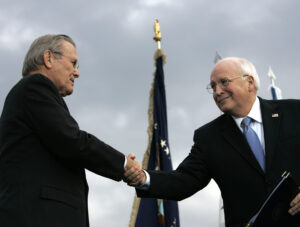
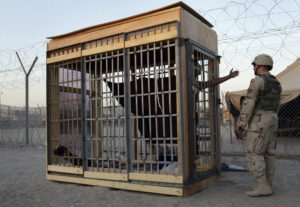
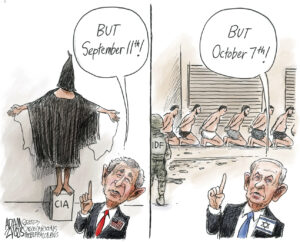

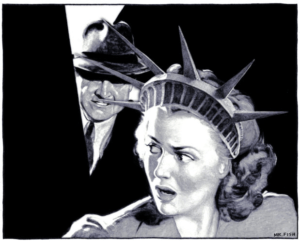
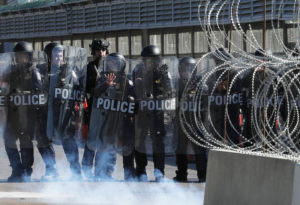
You need to be a supporter to comment.
There are currently no responses to this article.
Be the first to respond.